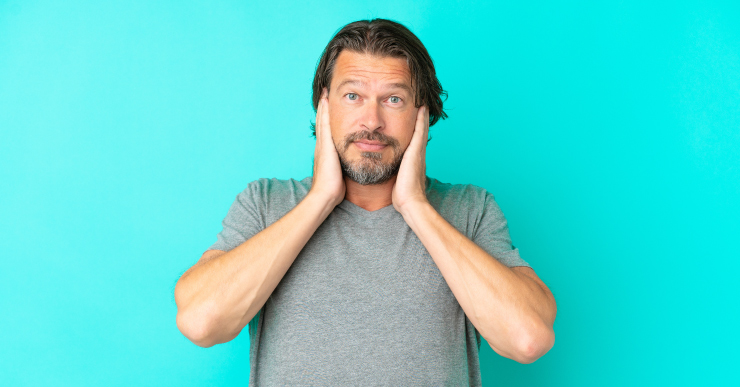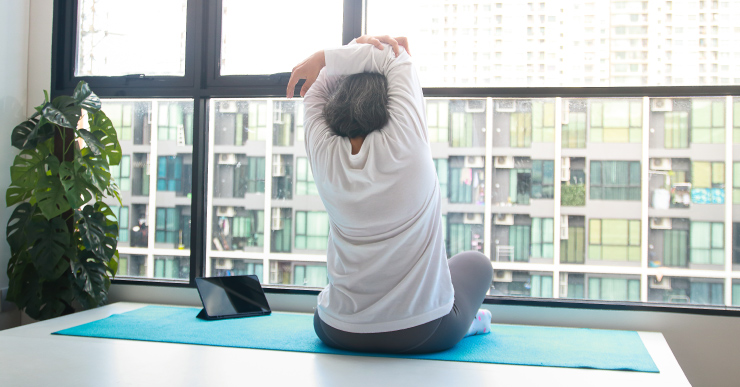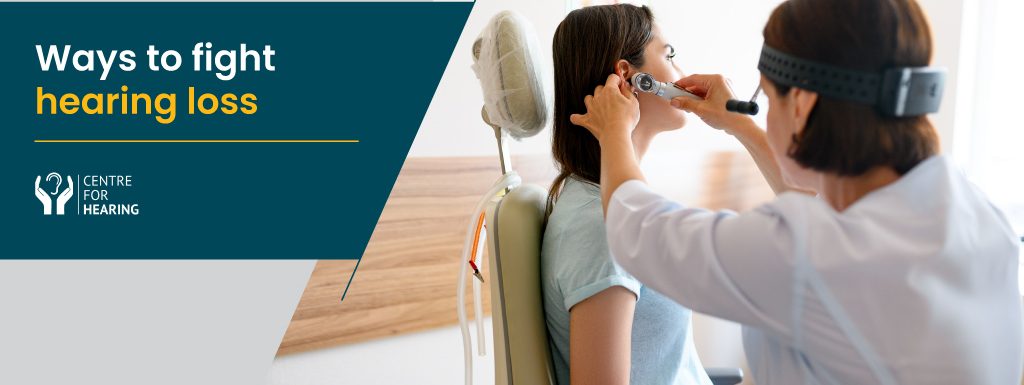Are you having to turn your television’s volume higher and higher to hear it over the years? Or, have you started speaking to your ageing parents louder and louder for them to understand what you’re saying? Unfortunately, we tend not to notice these little things, but they are signs of a silent and crippling epidemic: hearing loss.
It is as severe as any other ailment, but we ignore it for two main reasons.
First, its initial symptoms are often subtle and easily dismissed. It’s only when they get bad enough to impede functioning that they are recognised seriously. This is often very late in the patient’s life. As a result, it’s come to be known as the disease of only the elderly.
Second, many believe that difficulty in hearing is a disability one is born with, and the state of one’s hearing is, at least until old age, unchangeable.
In reality, about half of all cases of hearing loss are a product of one’s environment rather than genetics. Factors ranging from disease to exposure to loud noises can cause hearing loss that ranges from mild to complete.
If you believe you or a loved one are one of the 1.5 billion people worldwide affected by this ailment, keep reading.
Fighting Hearing Loss: 4 Ways You Can Prevent It

Certain causes of hearing loss are unavoidable. Some amount of age-related hearing loss, for instance, is inevitable. Infectious diseases like meningitis, measles and chronic ear infections are also hard to avoid—except, of course, by the usual methods of taking vaccines when available.
But there is much you can do to take an active role in protecting one of your most essential senses:
1. Reduce your exposure to noise
The modern world is a loud, loud place. But, unfortunately, this constant barrage of loud sounds is more than just an annoyance. Both prolonged exposure to loud noises and a sudden, deafening sound can have terrible consequences for your sense of hearing.
These sounds damage the hair cells in your ears that allow you to perceive sound. And once damaged, these cells do not grow back, and your ability to hear is permanently diminished.
Hearing loss can occur if:
(a) you are constantly exposed to noise above 80 dB, which is about the volume of a household blender or a factory or…
(b) if you are exposed to sounds above 120 dB, about as loud as a thunderclap or a live rock concert.
If, in any circumstances, you can’t avoid these loud noises, make sure to wear adequate ear protection.
This could come in the form of sturdy ear muffs or noise-cancelling headphones. If it’s possible to put some distance between yourself and the source of the sound, even periodically, do so.
It’s also good to reduce the ambient noise around you, even if it does not reach harmful limits. To do this, don’t turn up your music or television any higher than you need to. When in public, carry around a pair of noise-cancelling headphones or even simple earbuds, and ask for the volume of music or speech at restaurants or even movie theatres to be turned down if it’s unreasonably loud. It may feel uncomfortable to ask this of employees but remember, a quieter world is better for everyone.
Tip: Earmuffs and earplugs reduce sound by about 15-0 dB if worn correctly, but they’re useful for different purposes. Earplugs are made of rubber or foam and reduce the volume of the sound without distorting it much.
This could be perfect if you want to attend a loud concert or are a musician who plays loud instruments yourself. On the other hand, earmuffs go over the ears and can be more comfortable, but they distort the sound. However, this could be precisely what you need to tune out loud, unpleasant ambient noise.
2. Take care of your health

Every part of your body is intimately connected, and the ears are no exception. As a result, bad habits like smoking tobacco or inhaling second-hand smoke can increase your risk of hearing loss and lifestyle diseases.
Among diabetes and high blood pressure’s many negative impacts on your body is the damage to your ears’ nerves, and blood vessels, respectively.
Also, hundreds of medications, including certain antibiotics and chemotherapy-related drugs, can have potential hearing loss as a side effect.
Unfortunately, in sufficiently high doses, so can Aspirin—the everyday painkiller used by millions worldwide. While it is often impossible to avoid these drugs, do your best to keep yourself healthy and independent of them in general. Your doctor should test your hearing and balance before prescribing one of these drugs.
3. Be cautious around chemicals
In addition to loud noises, exposure to certain chemicals can also sharply increase your risk of premature hearing loss. These chemicals, such as benzene, carbon disulphide and toluene, are shockingly common in household products like paints and plastics.
These ototoxic chemicals can enter the body through ingestion, inhalation and absorption via the skin.
The combination of loud noises and ototoxic chemicals is hazardous, which is bad news because they are often found together in specific work environments.
A combination of noise-protection measures like headphones and Personal Protective Equipment (PPE) like gloves, goggles and respirators must be used in these cases to provide adequate protection.
4. Get your hearing checked regularly
If you are regularly exposed to loud noises, experience a constant ringing, i.e. tinnitus in your ears, or just find yourself not being able to hear as well as you used to, get a hearing test done immediately.
If you’ve been exposed to extremely loud noise, swift intervention may help reverse some damage.
Even if you aren’t experiencing these symptoms, it’s good to get your hearing checked whenever you undergo your regular health check-ups.
The Centre for Hearing offers everything you will need on your journey to care for your hearing, from a prompt diagnosis at centres across the country to the best hearing implants and aids available in India. Book your free consultation with one of our highly-qualified specialists here or at care@centreforhearing.com
Locate a Hearing Aids Centre Near You:

